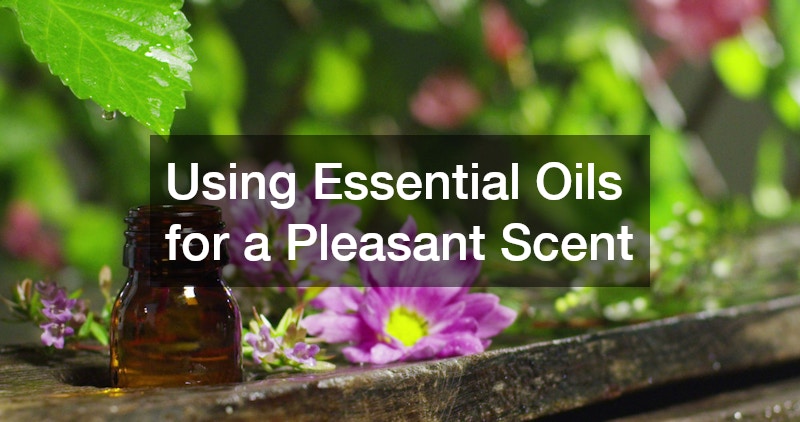Keeping your glass shower door spotless can be challenging. Soap scum, hard water stains, and residue build-up make it seem impossible to maintain a crystal-clear finish. However, with the right techniques, you can easily keep your shower door looking its best. This article will delve into some of the most effective cleaning hacks and solutions that people often inquire about, ensuring your shower door remains sparkling clean.
Removing Hard Water Stains
Using Vinegar and Baking Soda
Exploring natural cleaning hacks, a mix of vinegar and baking soda can efficiently tackle the stubborn hard water stains commonly found on glass shower doors. The chemical reaction between these two creates a fizzing effect that helps loosen and dissolve mineral deposits. By applying this mixture and allowing it to sit before scrubbing, homes can achieve sparkling glass without harsh chemicals.
Start by spraying vinegar directly onto the stained area and then sprinkling baking soda over it. Let it sit for about 15 to 30 minutes before scrubbing with a non-abrasive sponge. Ensure you rinse thoroughly with warm water to remove any leftover residue, leaving the glass spotless.
Commercial Cleaners that Work Wonders
For those who prefer commercial solutions, there are many cleaners specifically designed to address calcium and lime deposits on shower doors. These products are formulated to break down mineral build-ups faster and with minimal effort. Often, these cleaners contain ingredients that prevent future staining, enhancing their long-term effectiveness.
When using a commercial cleaner, always follow the instructions provided to ensure safety and optimal results. Most recommend spraying the cleaner on the stained area, letting it sit, and then wiping it off. For those particularly stubborn stains, you may need to allow the product to dwell longer to fully dissolve the deposits.
Homemade Lemon Juice Solution
For a citrus-fresh cleaning solution, lemon juice offers a natural acid which is excellent for dissolving stubborn mineral deposits. The acidity in lemon juice breaks down calcium and magnesium within hard water stains effortlessly. This economical alternative not only cleans but also leaves a pleasant aroma in your bathroom.
To create this homemade solution, mix equal parts of lemon juice and water in a spray bottle. Apply generously to any affected areas on your shower door and let the solution sit for several minutes. Use a soft cloth or sponge to gently scrub the glass, ensuring not to scratch the delicate surface.
Prevent Soap Scum Build-Up
Daily Squeegee Routine
One of the most effective methods to prevent soap scum build-up is incorporating a daily squeegee routine. By squeegeeing your shower door after each use, you remove soap residue and water droplets before they harden on the surface. This habit significantly decreases the likelihood of scum formation, maintaining a crystal-clear glass.
A simple squeegee tool, which is readily available, is easy to use and requires minimal time commitment. Ensure that every family member participates in this routine to maximize its effectiveness. By making it a daily habit, the time spent cleaning glass shower doors is greatly reduced over the long term.
Switching to Liquid Soap
Bar soaps, while traditional, tend to leave more residue on shower doors compared to liquid soap or body wash. Liquid soaps dissolve better in water and are less likely to leave behind solidified residues. This switch can significantly reduce the frequency of soap scum build-up, leading to less time spent cleaning.
With liquid soap, the formula often includes added moisturizers and fewer binders, which can contribute to a non-stick surface on your glass. This reduction in fatty salts makes it easier for water to rinse away remnants, keeping doors visibly clearer. Consider using a soap dispenser to minimize waste and maintain a tidy shower area.
Natural Cleaning Solutions
White Vinegar and Water Solution
A white vinegar and water solution is a time-tested natural cleaner, ideal for those who favor eco-friendly options. This non-toxic blend is both effective and gentle, ensuring your glass stays new-looking without risking damage or exposure to harmful substances. The acetic acid in the vinegar dissolves grime efficiently, making it a household staple for tackling various cleaning challenges.
To prepare the solution, mix equal parts of white vinegar and water in a spray bottle for easy application. Once or twice a week, spray the solution onto your shower door, allow it to rest briefly, and wipe away with a cloth. Doing so keeps your glass in pristine condition while being kind to the environment.
Using Essential Oils for a Pleasant Scent
Adding essential oils to your glass cleaning routine introduces both a pleasant scent and additional cleaning benefits. Oils such as tea tree or lavender come with natural antimicrobial properties that enhance the sanitation of your cleaning process. When combined with vinegar, the scents not only elevate the aroma but also potentially add layers of disinfecting power.
To incorporate this into your cleaning practices, add a few drops of essential oil to your vinegar and water mixture. This combination can serve as an aromatic yet potent cleaning spray for your shower doors, encouraging a spa-like environment. It’s a simple way to elevate the refreshment quality of your bathroom space.
By integrating these cleaning hacks into your regular bathroom maintenance routine, you can effectively manage and prevent hard water stains, soap scum, and other residues on your glass shower door. Whether you opt for commercial products or prefer DIY solutions, consistency is key. With these tips, your glass shower door can remain clear and pristine, enhancing the overall appearance of your bathroom.
.



